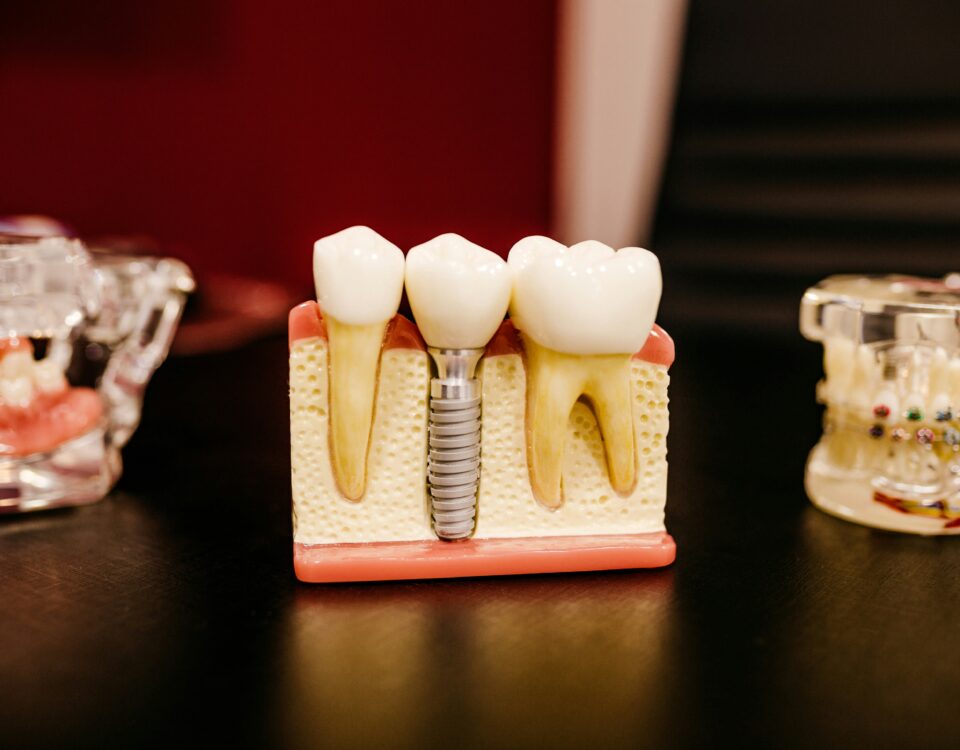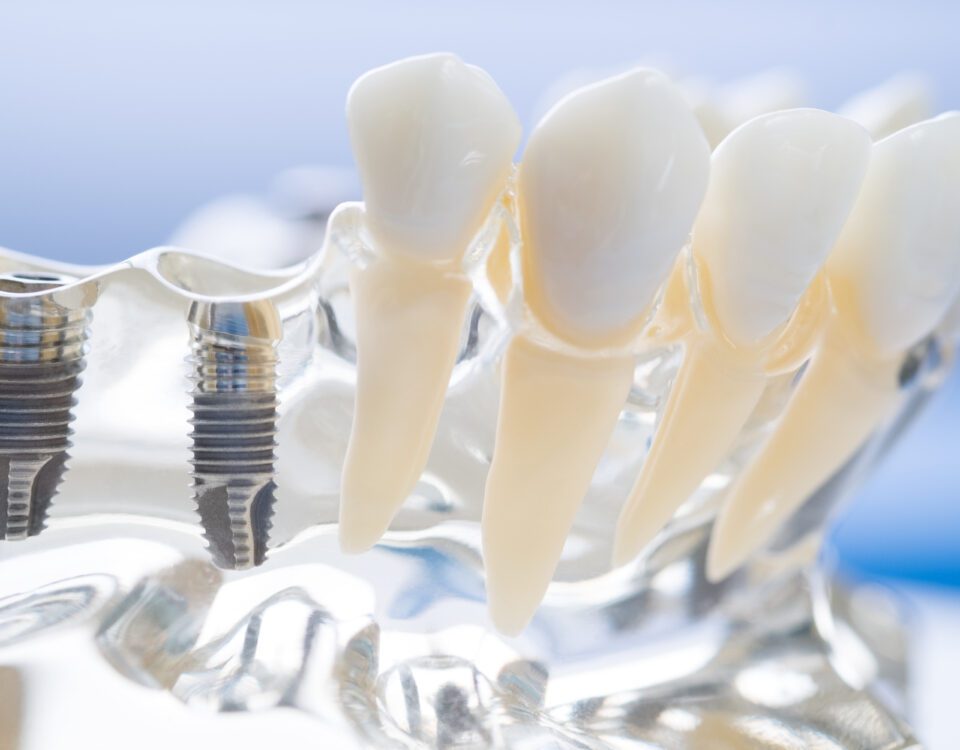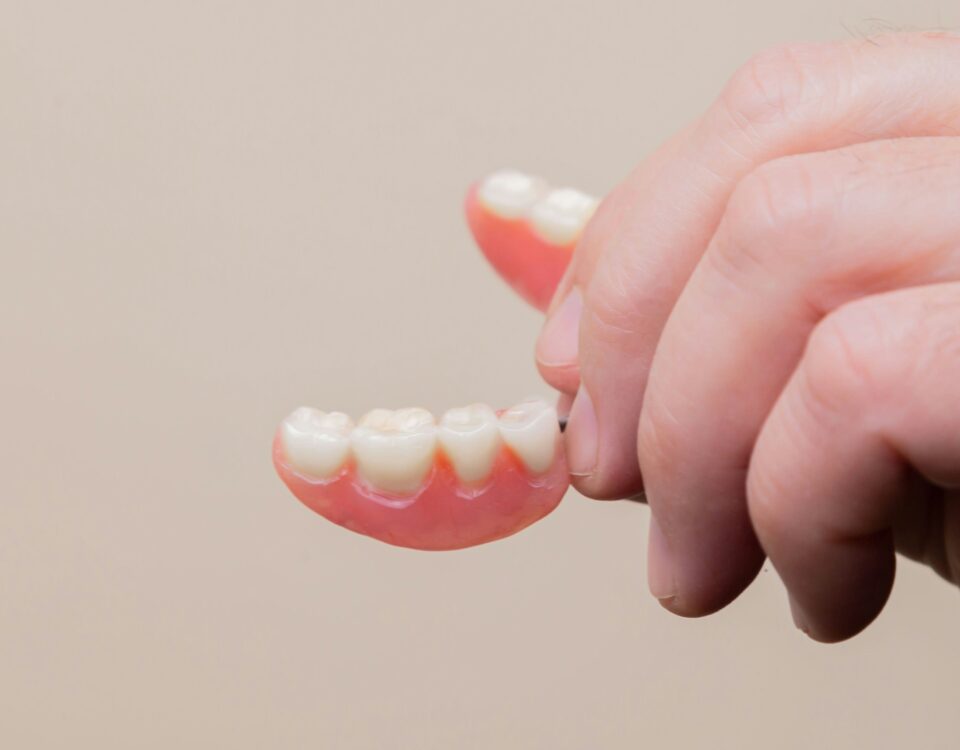
Importance of Timely Root Canal Treatment
July 9, 2025
How to Manage Dental Anxiety for a Stress-Free Visit
August 27, 2025
If you keep dental implants healthy, they can last for many years. They feel and function like natural teeth, but they still need attention. Without proper care, problems can arise. This includes infection, gum issues, or even implant failure.
With a simple routine, you can avoid these complications and keep your implants strong.
Start with Daily Cleaning
Just like natural teeth, implants need daily brushing and flossing. Use a soft-bristle toothbrush twice a day. This helps remove food and plaque without damaging the surface of the implant. Electric toothbrushes are also safe and often do a better job of reaching all areas.
Floss at least once a day. There are flossing tools made especially for implants. They help clean around the post and under the gumline. Some people also use water flossers to rinse hard-to-reach spots. These tools are helpful, especially if you have multiple implants.
Cleaning your implants takes only a few minutes each day. But skipping it can lead to bacterial buildup and inflammation. That’s when trouble starts.
Don’t Skip Dental Checkups
Even if your implant feels fine, you still need regular dental visits. Your dentist checks the health of your gums, bone, and the implant itself. Problems often start silently. You may not feel anything until it’s too late.
During a checkup, your dentist may take digital X-rays. This helps monitor the bone around the implant. They also clean areas you can’t reach at home. If they notice early signs of gum inflammation, they can treat it before it becomes a bigger issue.
Watch What You Eat
Dental implants are strong, but they’re not indestructible. Biting hard objects can damage the crown or affect the post. Avoid chewing ice, pens, or hard candy. These can crack the surface or cause small shifts over time. Sticky foods can also put stress on the crown.
You don’t need a special diet, but being careful helps your implant last longer. Eating a balanced diet with vitamins and minerals also supports your gums and bones.
If you grind your teeth at night, your dentist may recommend a custom mouthguard. Nighttime grinding puts pressure on your implants and natural teeth. A guard reduces the risk of damage while you sleep.
Address Gum Issues Early
Gum health matters as much as the implant itself. Inflammation around an implant is known as peri-implantitis. It can lead to bone loss and even implant failure if not treated in time. Redness, swelling, or bleeding while brushing are signs to watch for. These symptoms don’t always hurt, so people often ignore them.
If you notice changes in your gums, talk to your dentist right away. Early treatment usually involves deep cleaning or special rinses. Waiting too long can lead to more complex care or even surgery.
Don’t Ignore Small Changes
Sometimes, changes are subtle. You might feel pressure when biting, notice a change in how your teeth line up, or see redness near the implant. These may seem small, but they can signal a larger issue.
Fixing something early is always easier. Dental implants don’t usually fail without warning. Paying attention to how your mouth feels helps catch problems before they grow.
Your dentist can adjust a crown, clean problem areas, or offer advice to protect your implant. Early action can make a big difference in the outcome.
If you notice bleeding gums, discomfort around your implant, or changes in how it feels, don’t wait. At Southpoint Family Dentistry, we offer gentle, expert care to keep your dental implants strong and your smile healthy. Call us today to book your visit and keep your oral health on track.



